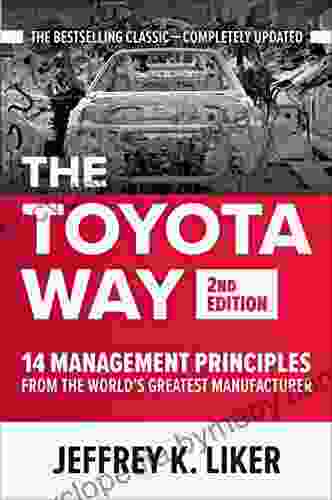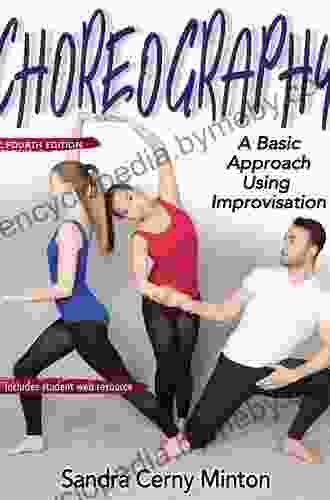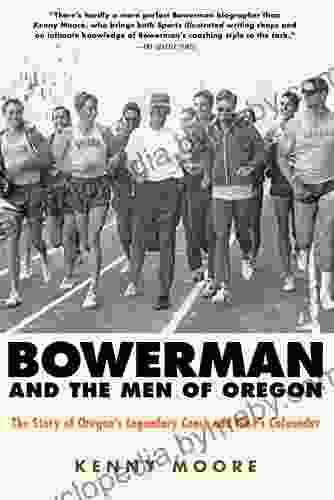Unveiling the Secrets of Manufacturing Mastery: 14 Principles from the World's Greatest Manufacturer

In the realm of manufacturing, where innovation and efficiency reign supreme, there stands a beacon of excellence: Toyota. Renowned for its unparalleled production system, Toyota has revolutionized the industry, setting benchmarks for quality, productivity, and customer satisfaction. In the seminal book, "14 Management Principles from the World's Greatest Manufacturer," authors Jeffrey Liker and Michael Hoseus unveil the fundamental principles that have propelled Toyota to the forefront of manufacturing excellence. This article delves into the insights presented in this groundbreaking book, offering a comprehensive guide to implementing Toyota's principles in your own organization.
Principle 1: Continuous Improvement (Kaizen)
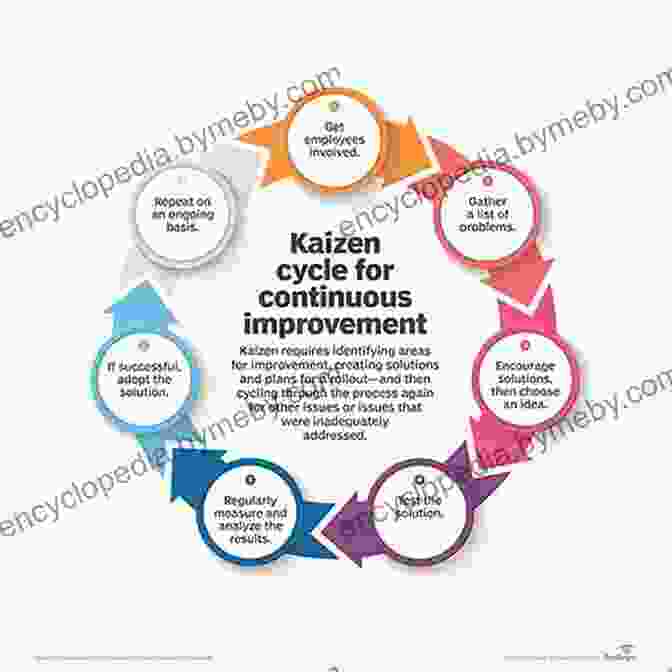
4.8 out of 5
| Language | : | English |
| File size | : | 15513 KB |
| Text-to-Speech | : | Enabled |
| Screen Reader | : | Supported |
| Enhanced typesetting | : | Enabled |
| X-Ray | : | Enabled |
| Word Wise | : | Enabled |
| Print length | : | 449 pages |
At the core of Toyota's success lies the unwavering commitment to continuous improvement (kaizen). This principle emphasizes the belief that there is always room for improvement, no matter how small. Every employee, from the assembly line to the executive suite, is encouraged to identify and eliminate waste and inefficiencies in their processes. By embracing kaizen, organizations can foster a culture of innovation and adaptability, driving performance to new heights.
Principle 2: Respect for People
Toyota recognizes that its employees are its most valuable asset. The principle of respect for people underscores the importance of treating individuals with dignity and compassion. Employees are empowered to make decisions, contribute ideas, and grow within the organization. This creates a positive and motivating work environment where employees are committed to excellence.
Principle 3: Standardized Processes
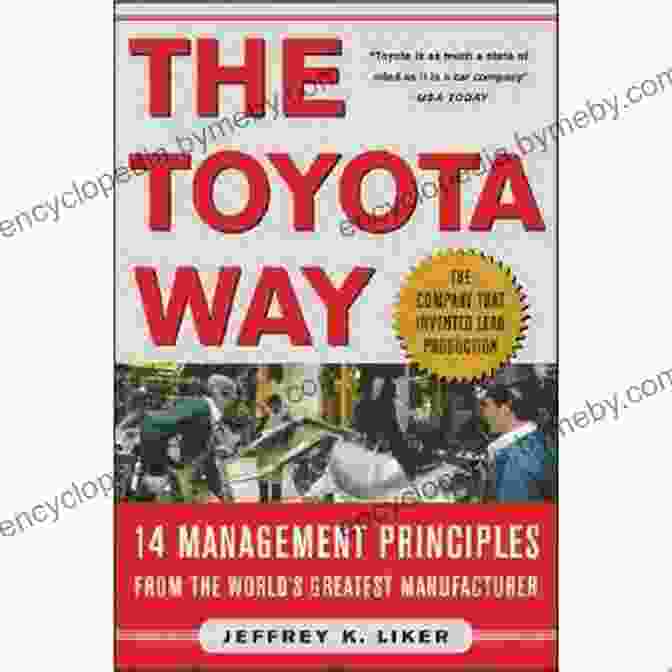
Standardized processes ensure consistency, quality, and efficiency in manufacturing operations. Toyota has meticulously documented and standardized its processes, from assembly line procedures to inventory management. By adhering to these standards, employees can focus on improving their skills and eliminating errors, resulting in increased productivity and reduced costs.
Principle 4: Problem Solving
When problems arise, Toyota encourages its employees to delve into the root causes and develop effective solutions. The problem-solving principle emphasizes the use of data, analytical thinking, and teamwork to identify and resolve issues. By empowering employees to take ownership of problems, organizations can foster a sense of accountability and drive continuous improvement.
Principle 5: Waste Reduction
Waste reduction is paramount to Toyota's manufacturing philosophy. The company relentlessly seeks to eliminate any activity that does not add value to the product or process. This principle extends beyond material waste to include inefficiencies in production, bureaucracy, and inventory management. By embracing waste reduction, organizations can streamline their operations, reduce costs, and improve overall efficiency.
Principle 6: Quality First
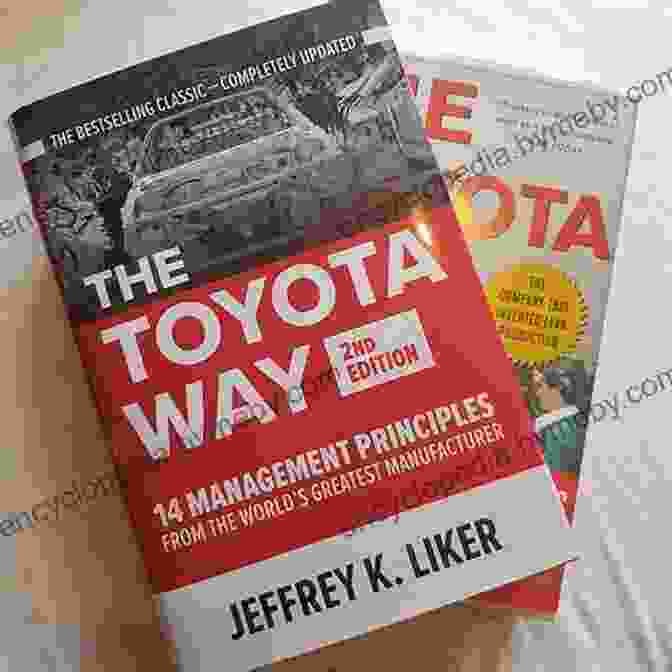
Quality is non-negotiable at Toyota. The principle of quality first places an unwavering emphasis on producing products that meet the highest standards of excellence. Toyota's employees are trained to inspect their own work and identify any potential defects. This commitment to quality ensures that customers receive reliable and defect-free products, building a strong foundation of customer loyalty.
Principle 7: Just-in-Time Production (JIT)
Just-in-time production (JIT) is a cornerstone of Toyota's manufacturing system. JIT aims to eliminate waste and inventory by producing goods only as needed. This principle requires close coordination with suppliers and a highly efficient production process. By implementing JIT, organizations can reduce inventory costs, improve lead times, and respond quickly to changes in customer demand.
Principle 8: Flat Organizational Structure
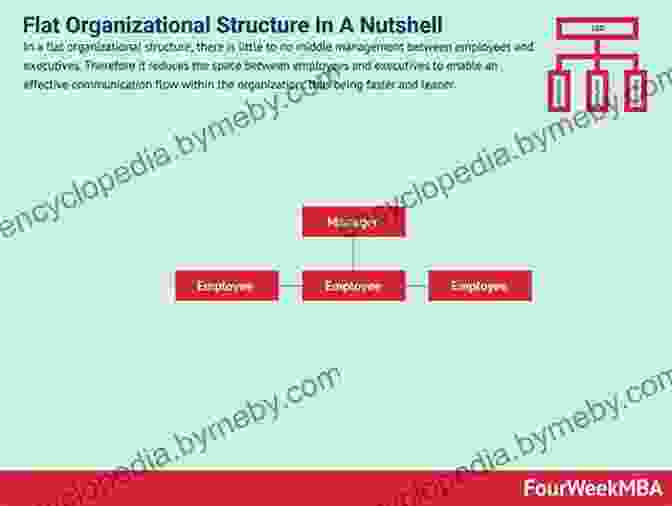
Toyota's organizational structure is designed to promote communication, collaboration, and decision-making. The principle of a flat organizational structure eliminates excessive layers of management, empowering employees to take initiative and make decisions without bureaucratic hurdles. This fosters a sense of ownership and accountability, leading to increased productivity and innovation.
Principle 9: Long-Term Decision Making
Toyota's long-term decision-making principle reflects the company's commitment to sustainability and stakeholder value. Decisions are made with a focus on the long-term rather than short-term gains. This principle ensures that the company's actions are aligned with its core values and that its investments are geared towards creating lasting benefits for employees, customers, and society as a whole.
Principle 10: Employees as Value Creators
Toyota believes that employees are the creators of value. The principle of employees as value creators recognizes the unique contributions of individuals in driving innovation and improving processes. Employees are given opportunities to develop their skills, participate in problem-solving initiatives, and share their ideas. By empowering employees, organizations can unlock their potential and drive sustainable growth.
Principle 11: Good Suppliers
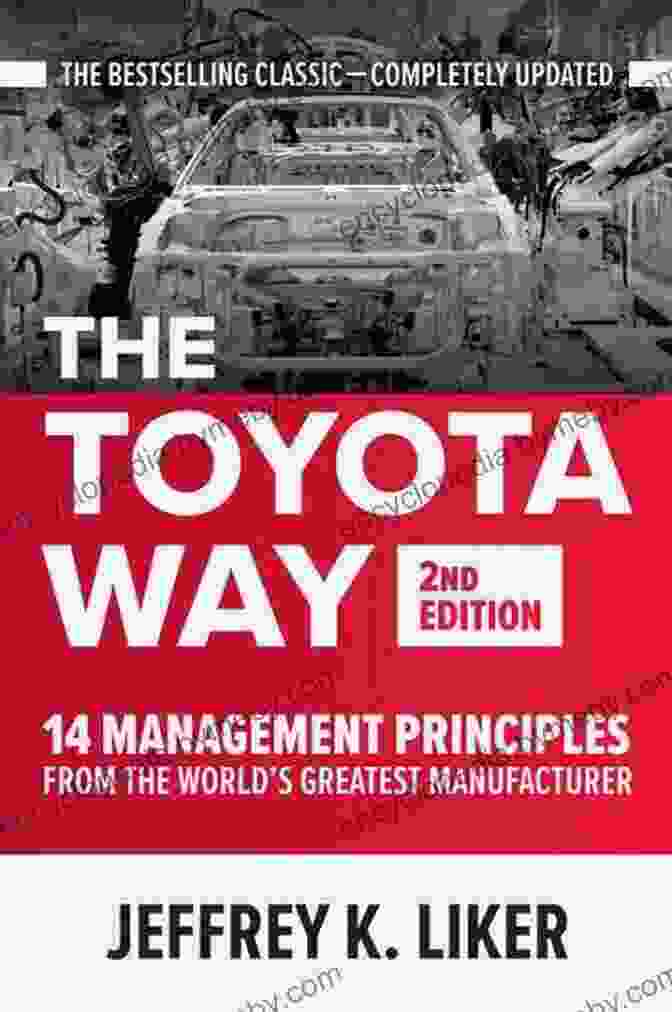
Strong partnerships with suppliers are vital to Toyota's success. The principle of good suppliers emphasizes the importance of building mutually beneficial relationships with suppliers. Toyota works closely with its suppliers to ensure the quality of materials, reduce costs, and foster innovation. By collaborating with reliable and capable suppliers, organizations can enhance their overall supply chain efficiency.
Principle 12: Close Supplier Relationships
Toyota nurtures close and long-term relationships with its suppliers. The principle of close supplier relationships encourages frequent communication, joint problem-solving, and continuous improvement initiatives. By fostering a collaborative environment, Toyota can ensure that its suppliers are aligned with its quality standards, innovation goals, and overall business objectives.
Principle 13: Smoothed Production
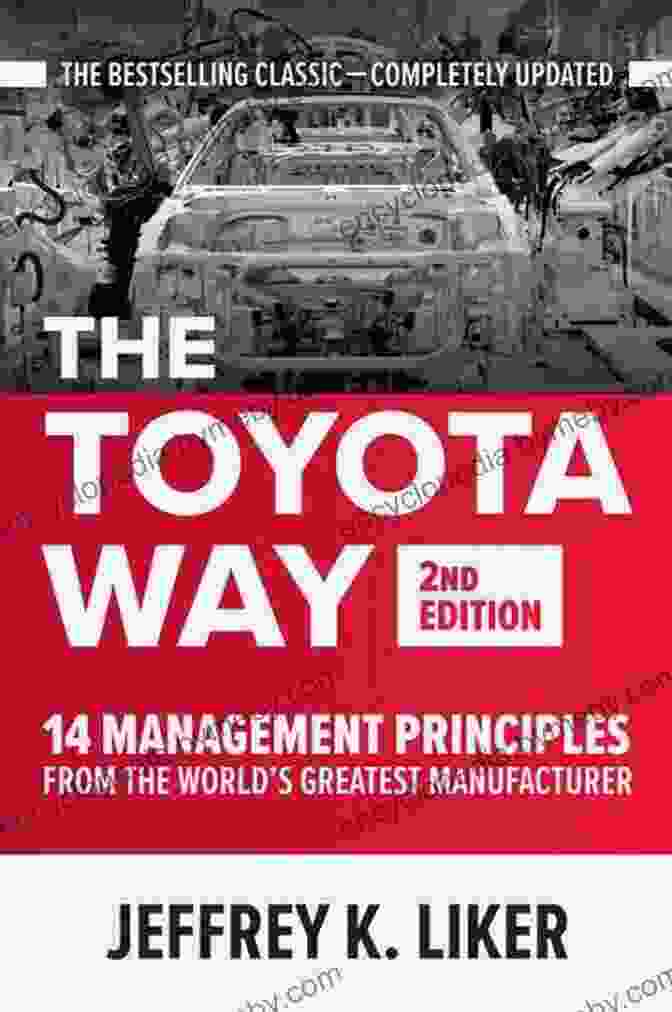
Smoothed production is a key aspect of Toyota's manufacturing system. The principle of smoothed production aims to reduce fluctuations in production levels and meet customer demand consistently. Toyota achieves smoothed production by carefully managing its production schedule and inventory levels, ensuring that it can respond to variations in demand without disrupting operations.
Principle 14: Flexibility
Toyota's ability to adapt to changing market conditions is a testament to its principle of flexibility. The company invests heavily in training its employees and implementing flexible production processes. This allows Toyota to respond quickly to shifts in customer demand, technological advancements, and economic fluctuations. By embracing flexibility, organizations can increase their resilience and thrive in a rapidly evolving business environment.
The principles outlined in "14 Management Principles from the World's Greatest Manufacturer" provide a comprehensive roadmap for organizations seeking to emulate the success of Toyota. By embracing these principles, businesses can create a lean, agile, and customer-centric organization that continuously strives for excellence. From the relentless pursuit of continuous improvement to the cultivation of close supplier relationships, each principle plays a vital role in transforming organizations into world-class competitors.
4.8 out of 5
| Language | : | English |
| File size | : | 15513 KB |
| Text-to-Speech | : | Enabled |
| Screen Reader | : | Supported |
| Enhanced typesetting | : | Enabled |
| X-Ray | : | Enabled |
| Word Wise | : | Enabled |
| Print length | : | 449 pages |
Do you want to contribute by writing guest posts on this blog?
Please contact us and send us a resume of previous articles that you have written.
 Book
Book Novel
Novel Page
Page Chapter
Chapter Text
Text Story
Story Genre
Genre Reader
Reader Library
Library Paperback
Paperback E-book
E-book Magazine
Magazine Newspaper
Newspaper Paragraph
Paragraph Sentence
Sentence Bookmark
Bookmark Shelf
Shelf Glossary
Glossary Bibliography
Bibliography Foreword
Foreword Preface
Preface Synopsis
Synopsis Annotation
Annotation Footnote
Footnote Manuscript
Manuscript Scroll
Scroll Codex
Codex Tome
Tome Bestseller
Bestseller Classics
Classics Library card
Library card Narrative
Narrative Biography
Biography Autobiography
Autobiography Memoir
Memoir Reference
Reference Encyclopedia
Encyclopedia Abby Quinn
Abby Quinn Gifty Metuge
Gifty Metuge Aaron G Murphy
Aaron G Murphy Dr Parag Suresh Mahajan Md
Dr Parag Suresh Mahajan Md Stephen Harrison
Stephen Harrison Pat Guy
Pat Guy Abhishek Singh
Abhishek Singh Kevin Markham
Kevin Markham Adah Bakalinsky
Adah Bakalinsky Aaron Becker
Aaron Becker Aaron Shepard
Aaron Shepard Matthew Taylor
Matthew Taylor Joseph Cotto
Joseph Cotto Angharad Thompson Rees
Angharad Thompson Rees A G Cairns Smith
A G Cairns Smith Aaron Robinet
Aaron Robinet Rachel Hoffman
Rachel Hoffman Stefania Patinella
Stefania Patinella A J Angulo
A J Angulo Lizabeth Cohen
Lizabeth Cohen
Light bulbAdvertise smarter! Our strategic ad space ensures maximum exposure. Reserve your spot today!

 Amir SimmonsCollection of Children Animal Myths and Legends: Unveil the Enchanting World...
Amir SimmonsCollection of Children Animal Myths and Legends: Unveil the Enchanting World...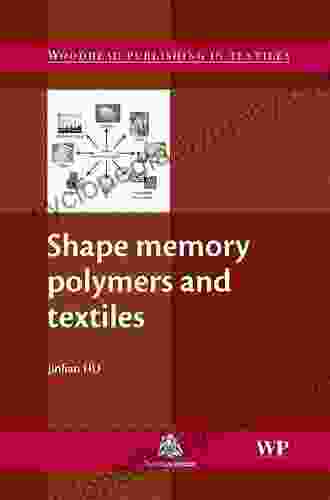
 Percy Bysshe ShelleyShape Memory Polymers and Textiles: A Revolutionary Advance in the Textile...
Percy Bysshe ShelleyShape Memory Polymers and Textiles: A Revolutionary Advance in the Textile... Herbert CoxFollow ·10.8k
Herbert CoxFollow ·10.8k Garrett PowellFollow ·2.6k
Garrett PowellFollow ·2.6k Mike HayesFollow ·6.9k
Mike HayesFollow ·6.9k Stephen KingFollow ·5.7k
Stephen KingFollow ·5.7k Virginia WoolfFollow ·19k
Virginia WoolfFollow ·19k Roberto BolañoFollow ·18.1k
Roberto BolañoFollow ·18.1k Hassan CoxFollow ·12.8k
Hassan CoxFollow ·12.8k Jan MitchellFollow ·7.8k
Jan MitchellFollow ·7.8k
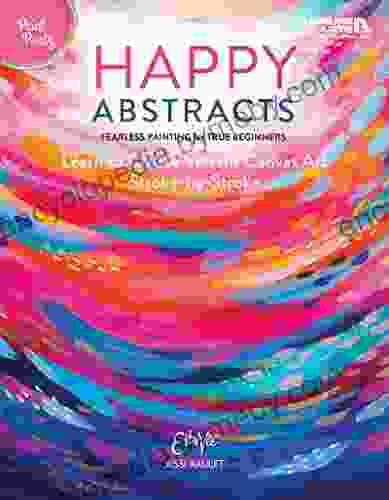
 Timothy Ward
Timothy WardFearless Painting for True Beginners: Learn to Create...
Unlock the Joy of...

 Fernando Pessoa
Fernando PessoaProven 12-Step Program for Financial Peace of Mind:...
Are you struggling with...

 Chinua Achebe
Chinua AchebeLayers Colors Desire: Layers Colors Thoughts Mystery
A Literary Labyrinth...

 Fernando Bell
Fernando BellUnearth Hidden Treasures: Journey Through "Secondhand...
Prepare to embark on an extraordinary...

 Caleb Carter
Caleb CarterSymbolic Messages Garage Sale Mysteries: Unveiling the...
Welcome to the extraordinary world of the...

 Nikolai Gogol
Nikolai GogolTravels in the Billion Dollar Trash Trade: Uncovering the...
Ỡ In his...
4.8 out of 5
| Language | : | English |
| File size | : | 15513 KB |
| Text-to-Speech | : | Enabled |
| Screen Reader | : | Supported |
| Enhanced typesetting | : | Enabled |
| X-Ray | : | Enabled |
| Word Wise | : | Enabled |
| Print length | : | 449 pages |


